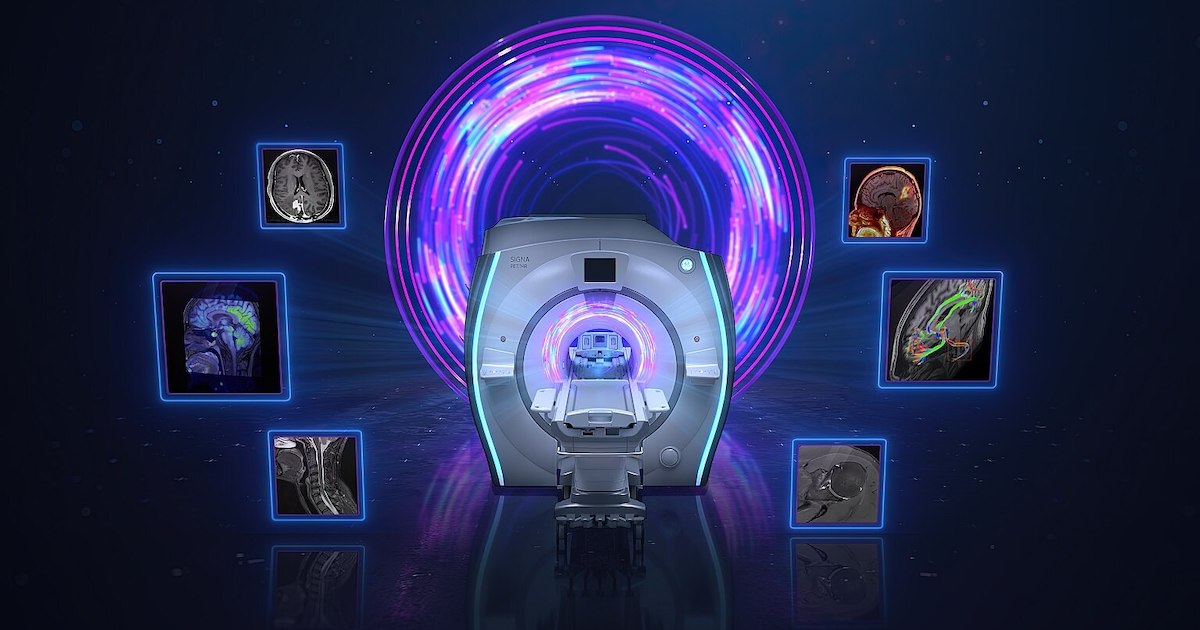GE HealthCare is utilizing artificial intelligence (AI) and data integration technologies to address the growing influx of patient data. The company aims to optimize the application of these technologies in patient care and has unveiled 40 new innovations at RSNA23.
One key aspect of GE HealthCare’s strategy is the incorporation of AI into its precision care framework. This framework includes smart devices, targeted therapies, disease-specific focus, and digital solutions. Among these solutions is the theranostics pathway manager, designed to assist providers in coordinating oncology care and identifying potential theranostics candidates.
Another notable introduction at RSNA23 is the SIGNA Champion, a 1.5T scanner from GE HealthCare that leverages AI to enhance workflow efficiency and deliver high-quality images.
GE HealthCare has obtained 58 FDA 510(k) clearances or authorizations for AI-enabled medical devices in the United States. Additionally, the company offers CardioVisio, a dashboard for managing atrial fibrillation (AFib) patients. This tool is intended to improve clinical confidence and streamline processes.
Collaborations with Nuance and Microsoft have led to a research project aimed at automating the compilation of relevant prior studies for radiologists. This automation process is expected to enhance imaging workflows and efficiency.
Dr. Taha Kass-Hout, the chief technology officer at GE HealthCare, emphasized the company’s vision of consolidating patient data from various sources to provide real-time insights for informed treatment decisions. This approach is geared towards empowering clinicians to work more efficiently and drive significant advancements in patient care.
In a broader industry trend, Philips introduced the BlueSeal MR Mobile at RSNA23, a portable MRI system that can be housed in a truck. This system connects to the Philips Radiology Operations Command Center, enabling real-time collaboration among remote imaging experts and technologists through video, audio, or text chat.
GE HealthCare has been actively involved in the theranostics field, which combines therapeutic and diagnostic capabilities to advance oncology care. The company recently partnered with BAMF Health, a Michigan-based cancer-care center, to promote the adoption of theranostics and support scalable solutions for precision medicine initiatives in the United States.
Furthermore, GE HealthCare is dedicated to assisting providers in harnessing the power of data. With the exponential growth of health data in recent years, stakeholders in the healthcare sector are reevaluating their strategies to unlock the full potential of this valuable information. Despite the vast amount of data generated by hospitals, a significant portion remains untapped, highlighting the need for improved data utilization practices.
Efforts such as the initiative led by the Sequoia Project, which focuses on implementing the Data Usability Implementation Guide, are crucial for enhancing the interoperability and usability of healthcare data. By prioritizing the effective utilization of data, stakeholders can drive innovation and improve patient outcomes in the evolving healthcare landscape.






